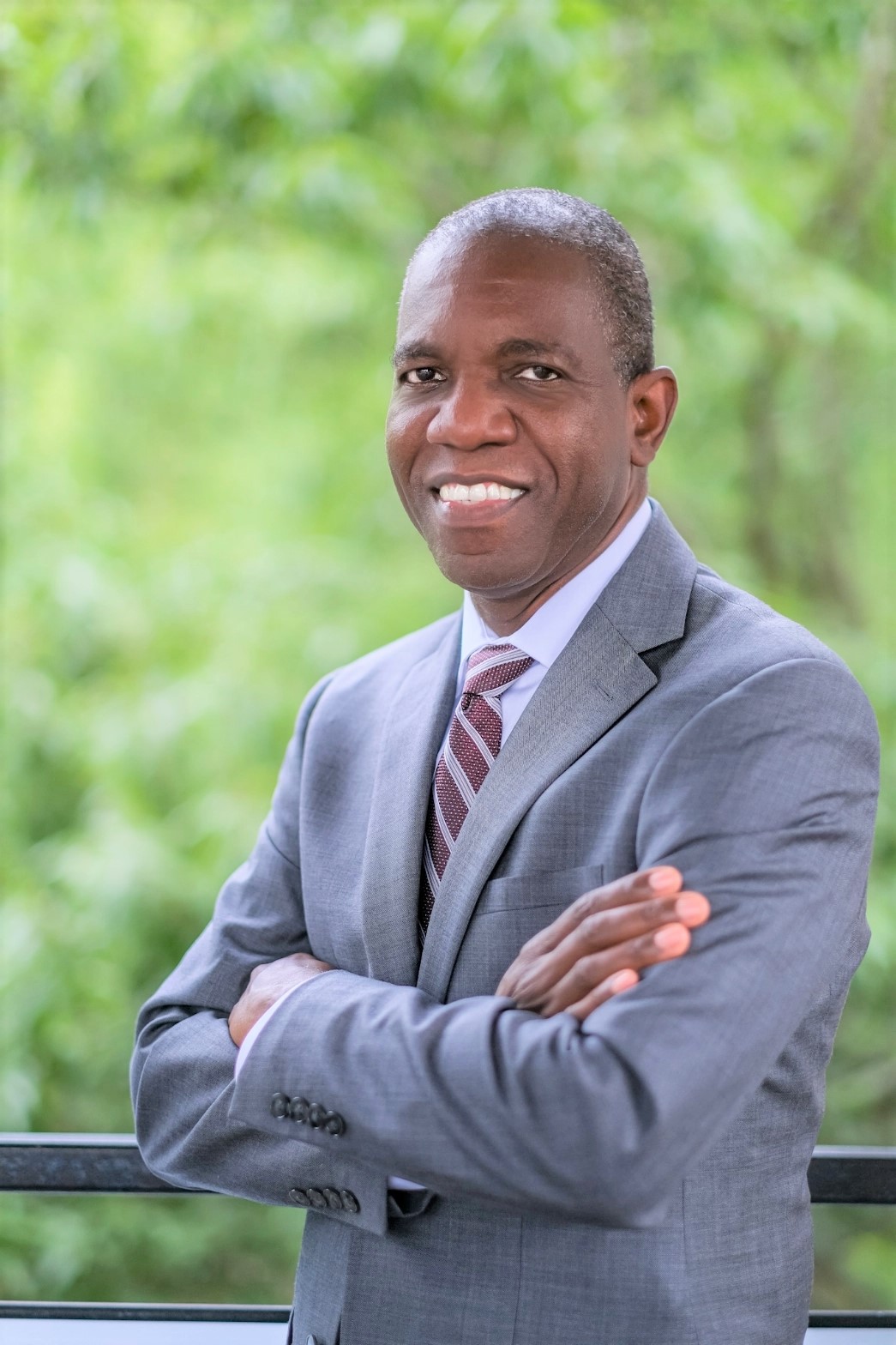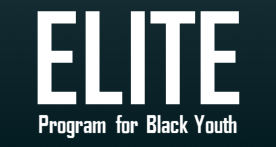
Author: Tom Ndekezi
31 January 2022
When ELITE Program Director André McDonald needs a second opinion, Hugh Magande is one of the first people he calls.
“Dr. McDonald and I have collaborated on several projects over the years,” Magande says over Zoom. “We have collaborated on a textbook, consulting jobs, and more projects than I can remember right now. And this has been going on since our college days.”
It should come as no surprise then that when Dr. McDonald first had the idea to create a career development program for Black youth interested in technology, engineering, and entrepreneurship, he got in touch with Magande. And for good reason too — having recently been named a Fellow of the American Society of Heating, Refrigerating and Air-Conditioning Engineers (ASHRAE), Magande is known to be a good judge of ideas.
“From the get-go, I've been talking to Dr. McDonald about what the program would mean for the community and what it would mean for the young people coming up who don't know exactly what direction to go in,” Magande says. “'I thought it was a good idea and I endorsed it from the very beginning.”
Based in Atlanta, Georgia, Magande’s enthusiasm for a work-integrated training program on the other side of the 49th parallel might seem a bit unexpected. But as a Black engineer who studied during a time when mentors were sparse and Black academics were an anomaly, Magande’s support for the ELITE Program is equal parts thoughtful and reflexive.
“While there were quite a few Black engineers that were in school with me at the same time, we were all foreigners. There were no African-Americans that I went to school with during my undergrad,” Magande says. “And the thing is, I saw a lot of potential. I remember when I was in Harlem going to school in New York, I met kids that were super smart but just going down the wrong path.”
Magande’s time in university is also where he first crossed paths with Dr. McDonald, the two of them continuing to collaborate in the years that followed. Dr. McDonald’s path eventually led him to a professorship at the University of Alberta’s Faculty of Engineering. Magande went on to design heating, ventilation, and air conditioning systems for companies across the United States, most notably are the Rinnai tankless combination heating system's pioneering alternative control logic, which utilises an adaptive fuzzy control (AFC) algorithm; and his work on Heatcraft’s paradigm-shifting IoT debut of its MohaVe® advanced hot gas defrost Wireless Remote Refrigeration Control (RRC), a breakthrough internet-based control system that deploys Wireless Mesh Network (WMN) technology.
Magande signed on as the Research Technical Principal at Southface Institute in 2019, but it’s his decades of trailblazing work in the thermal sciences and systems control and automation that have earned him the honour of being named an ASHRAE Fellow.
“It's very difficult to get to the bar of being named a Fellow of a technical organisation. It's based on your work,” Magande says. “Part of the requirement is that whatever work you are producing has to change the industry. It has to influence the industry. It has to have elements of educating younger people in it as well. They look at all of these pieces when they are making those decisions.”
With the ELITE Program, Magande’s involvement also went beyond the program’s initial consulting stage. Magande serves as a member of the program’s Steering Council, working to direct the program as it grows and develops. Now in a position to provide the mentorship that was so scarce in his own youth, Magande is passionate about providing the next generation of Black leaders with the skills they need to change the narrative.
“The ELITE Program is a pipeline. It's a way of networking,” Magande says. “I wouldn't be surprised if out of the ELITE Program comes a couple of start-ups where youth from the program decide to take their skill sets and ideas and run with them. This might be the starting point of something bigger than we can imagine at this point, but right now we're just trying to teach the youth how to focus, get them interested in STEM, and be disciplined. At the end of the day, that’s even worth more than money.”

